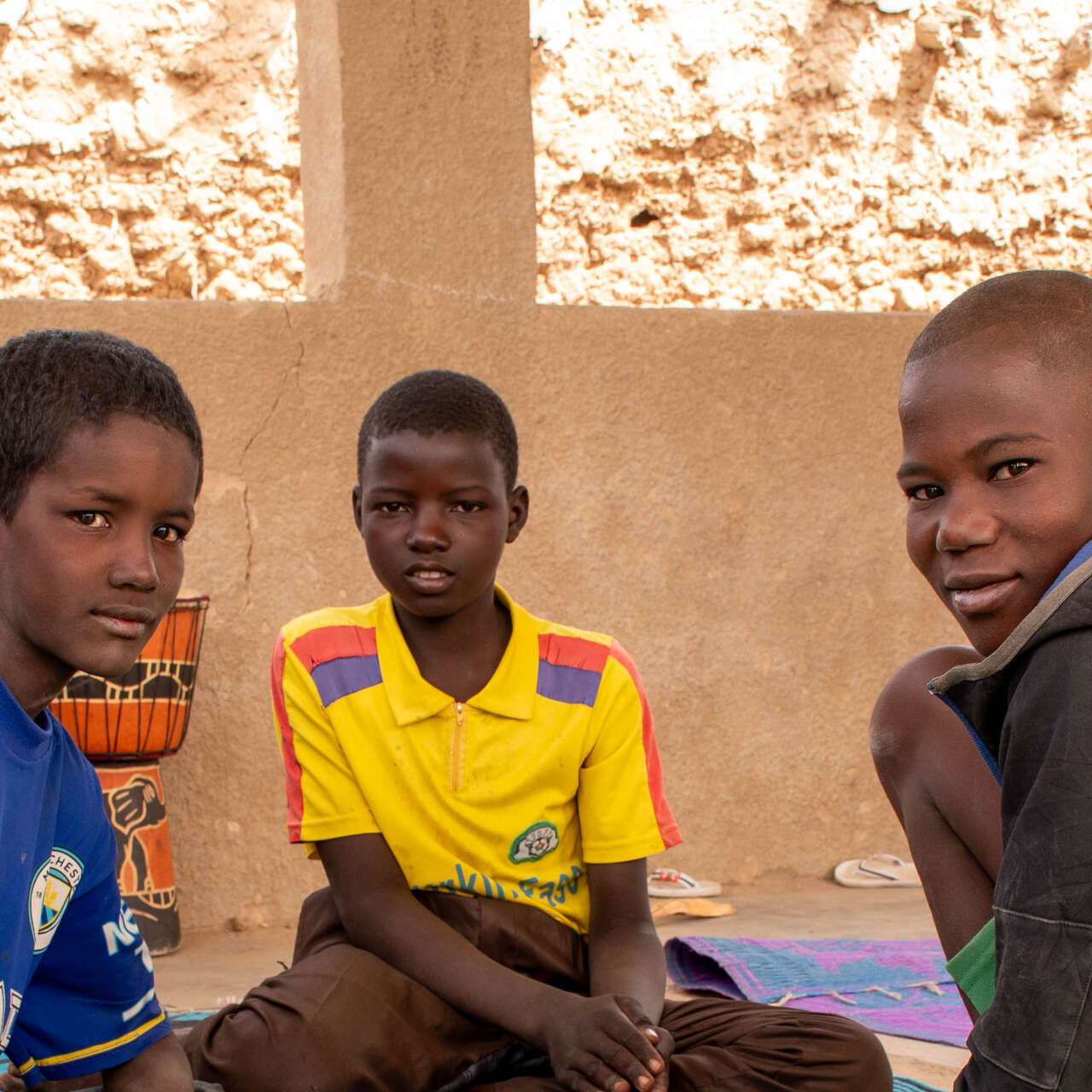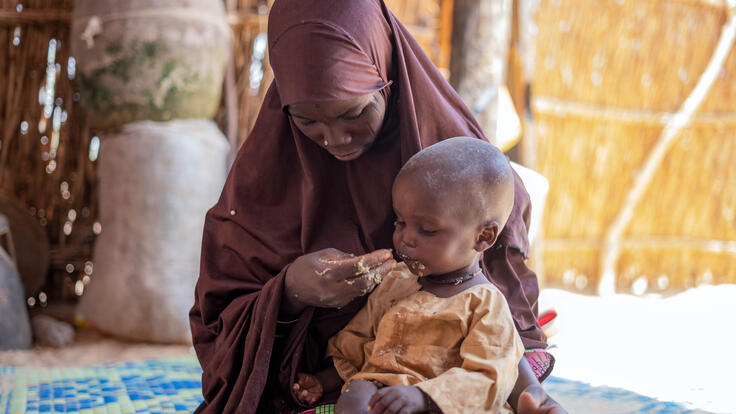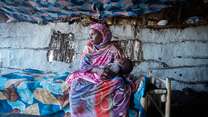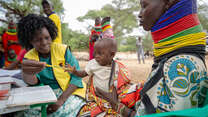Escalating violence and siege tactics push communities deeper into crisis
- Civilians are trapped between armed groups and government forces.
- Siege tactics and attacks on aid operations risk cutting off civilians from lifesaving assistance.
- Cuts to foreign aid and restrictive government policies threaten to collapse Burkina Faso’s fragile service system.
- Unpredictable rainfall and climate shocks are expected to deepen the crisis.
Country facts
- Total Population: 23.5 million
- People in need of humanitarian assistance: 4.4 million
- People internally displaced by crisis: 2.1 million
- Rank in Human Development Index: 186 of 193
IRC response
- Started work in Burkina Faso: 2019
Nonstate armed groups control roughly half of Burkina Faso. They blockade cities and prevent residents from accessing basic goods and services. The IRC is providing urgent and lifesaving assistance, including clean water, sanitation services, and health care.
Burkina Faso, located in West Africa, has seen a rise in tensions and violence since January of 2019, leading to a spike in displacement. Amidst political instability, nonstate armed groups have taken over swaths of land.
The crisis has left an estimated 6.3 million people in Burkina Faso in critical need of assistance.
The current government came to power through a coup in 2022, motivated in part by the inability of the previous regime to contain insurgent groups that now control half of the country. Sieges by these armed groups have affected more than 1 million civilians across 46 locations, disrupting livelihoods, access to key services, and driving food insecurity.
More than 2.1 million people across the country are now internally displaced. Civilians are increasingly at risk amidst growing violence between the government and armed groups.
The conflict has left basic services underfunded and out of reach for much of the population. Approximately 1 in 4 schools in Burkina Faso have closed. Over 370 health care facilities face closure, impacting healthcare for 3.5 million people.
Despite immense needs, Burkina Faso’s 2023 humanitarian response plan was only 36.8% funded.
The IRC initiated an emergency response in Burkina Faso in 2019, before establishing a country program in 2020 in response to the mass internal displacement of people caused by the country’s security situation. The IRC implements lifesaving interventions and emergency assistance in health, nutrition, safety, education, economic recovery and power, with a particular focus on working with local partners, mainly women-led organizations.



